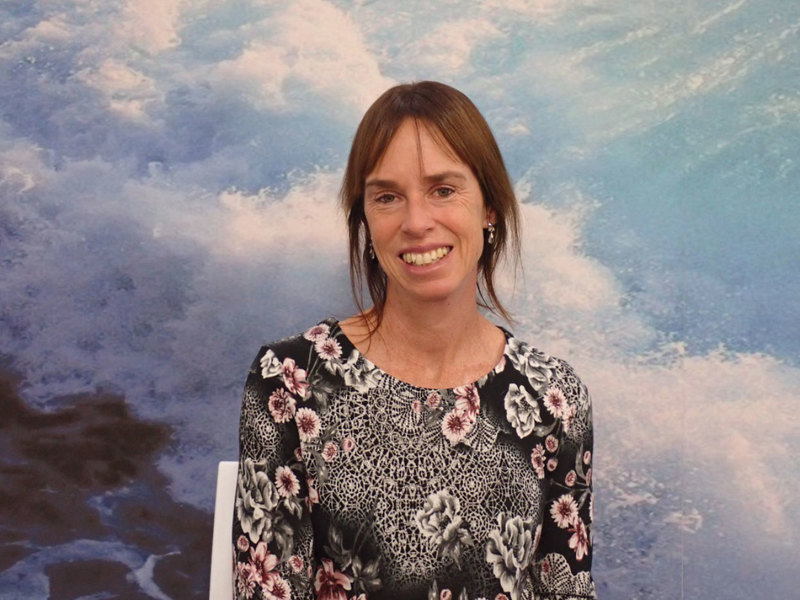UCT’s very own leads biodiversity conservation efforts
20 January 2025 | Story Staff Writer. Photo Supplied. Read time 2 min.
The University of Cape Town’s (UCT) Professor Lynne Shannon from the Department of Biological Sciences and Marine and Antarctic Research Centre for Innovation and Sustainability (UCT-MARiS) continues her efforts for ocean equity through her contributions to the Intergovernmental Science-Policy Platform on Biodiversity and Ecosystem Services (IPBES).
Professor Shannon is a coordinating lead author in IPBES’s landmark thematic assessment on transformative change. Her work bridges science and policy and provides critical insights for governments and stakeholders striving for equitable and effective solutions. The IPBES platform hosted its historic first-ever African Plenary in Windhoek, Namibia, in December 2024. This gathering brought together representatives from nearly 150 nations, marking a milestone in global efforts to combat nature’s decline.
At the event, two ground-breaking reports were adopted: the Nexus Assessment, addressing interlinked crises in biodiversity, water, food, health, and climate change; and the Transformative Change Assessment, proposing systemic shifts for a sustainable and just world.
“As Africa’s leading university, UCT remains committed to advancing research that informs policy, fosters collaboration, and delivers solutions for the benefit of both people and the planet.”
“This (the Transformative Change) assessment deals with the urgency of transformative change to address the underlying causes of nature’s decline and biodiversity loss. It is only through fundamental, system-wide shifts in views (our ways of thinking, knowing and seeing the world), structures (our ways of organising, regulating and governing) and practices (our ways of doing, behaving and relating) that we can begin to effectively curb biodiversity loss and nature’s decline,” said Shannon.
Co-create
“Each one of us has a role to play. Through a range of actions, from individual to organisational levels, we can co-create aspirational visions for a better future,” she added.
Her contribution was hailed by UCT Vice-Chancellor, Professor Mosa Moshabela, who said, “Professor Shannon’s achievements highlight UCT’s leadership in addressing global environmental challenges. As Africa’s leading university, UCT remains committed to advancing research that informs policy, fosters collaboration, and delivers solutions for the benefit of both people and the planet.”
 This work is licensed under a Creative Commons Attribution-NoDerivatives 4.0 International License.
This work is licensed under a Creative Commons Attribution-NoDerivatives 4.0 International License.
Please view the republishing articles page for more information.
Research & innovation




































.png)
